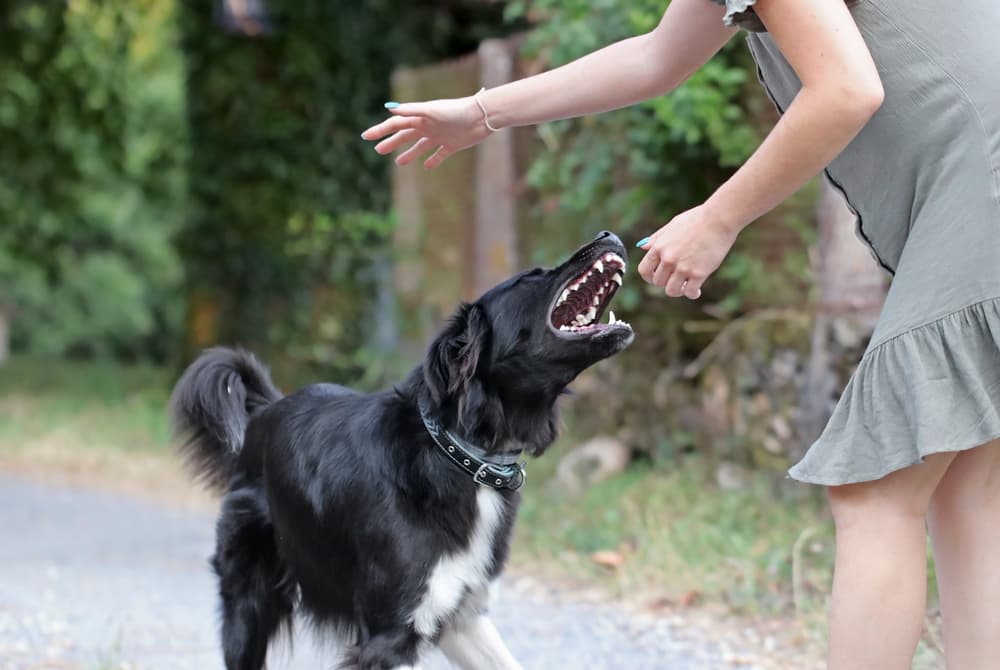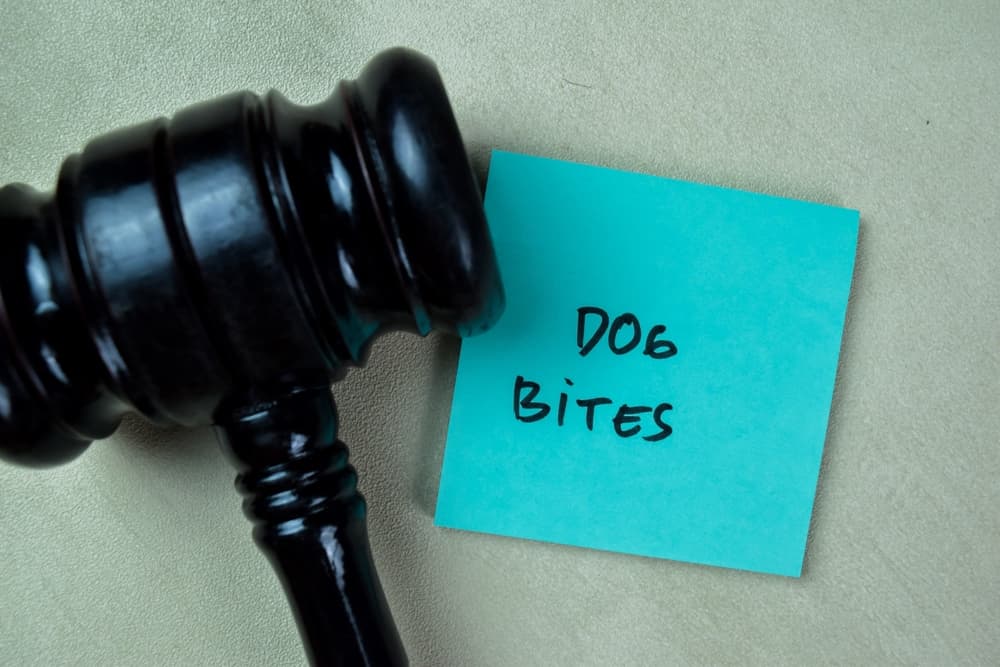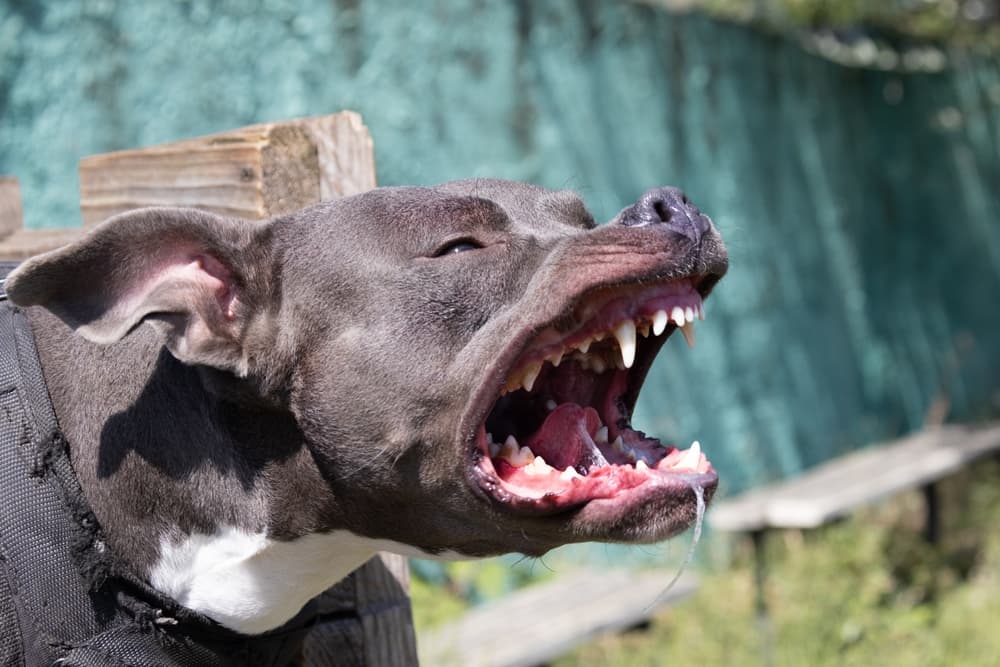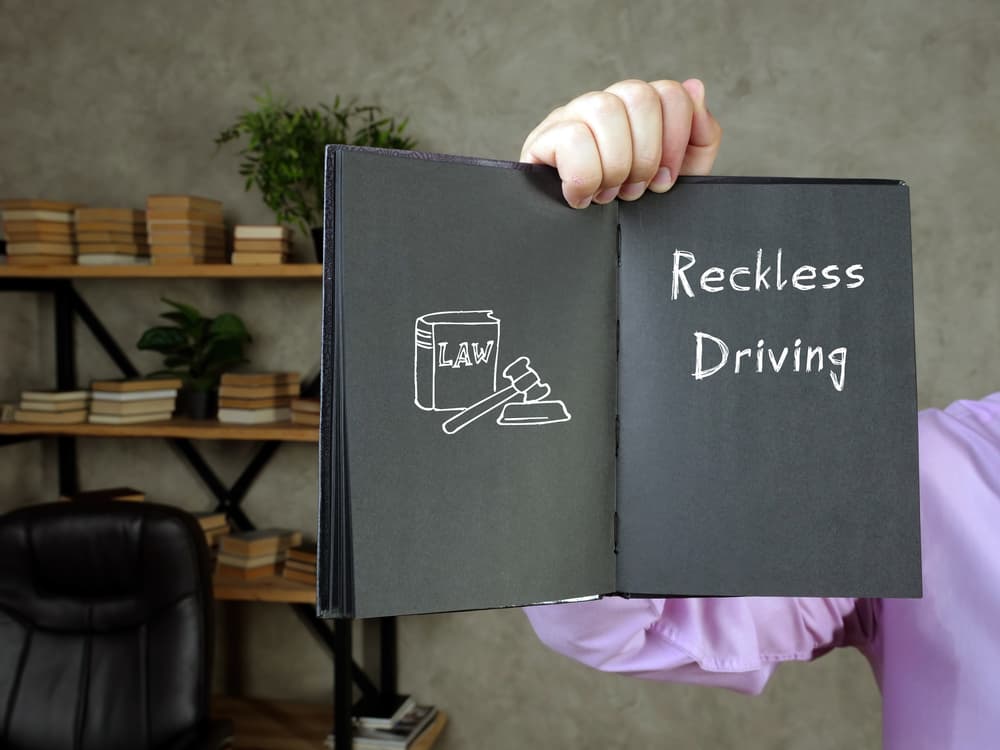Victims of dog bites can claim compensation for their injuries in many situations, depending on the laws of the jurisdiction. The damages for which you can recover compensation may include medical expenses for treating your injuries, lost income if you are unable to work during recovery, and compensation for pain and suffering that the attack caused. In cases involving severe injury or disfigurement, additional compensation for scarring or emotional trauma may also be available.
A knowledgeable Lansing dog bite attorney can guide you through the process of maximizing your compensation, helping you become whole again as much as possible.
Schedule a Free Initial Consultation Today!
Common Locations for Dog Bites
Dog bite incidents can happen almost anywhere, but certain locations are more commonly associated with these types of attacks. These areas tend to be where dogs and people frequently come into contact.
- One of the most common places for dog bite incidents is in residential neighborhoods. Many people own dogs, and these pets are often found outside, whether in fenced yards or being walked. While most dogs are friendly, there is always a risk that a dog may feel threatened or territorial, especially if a stranger approaches or enters its space. Children playing near unfamiliar dogs or delivery workers going to homes can also be at higher risk in residential settings.
- Public parks are another common location for dog bite incidents. Dog owners frequently bring their pets to parks for exercise, and while many parks have designated areas for dogs to run off-leash, not all dog owners follow the rules, which can lead to situations where unleashed dogs interact with people or other dogs in unpredictable ways. Even in parks where leashes are required, bites can still happen if a dog feels threatened or overstimulated by the environment.
- Dog parks, specifically designed for dogs to socialize and play off-leash, are also common locations for bites. These parks allow dogs to interact more freely, but this freedom can sometimes lead to conflicts between dogs or between dogs and people. Even friendly dogs can become aggressive in situations where they feel overstimulated or protective of their owners or territory.
- Another location where dog bites frequently occur is in veterinary offices or grooming salons. Dogs may become anxious or frightened in these environments due to the presence of other animals, unfamiliar surroundings, or being handled by strangers. While professionals in these settings are trained to handle dogs carefully, bites can still occur if a dog feels particularly threatened or stressed.
- Finally, dog bites can occur in workplaces where employees encounter dogs, such as delivery services, postal work, or home service providers. In these jobs, workers may come across dogs that are protective of their home environment, increasing the risk of a bite.
Dog Bite Laws
Dog bite laws are vital in ensuring accountability for dog owners and providing protection for victims. The most important legal principles surrounding dog bites focus on liability, victim rights, and owner responsibilities. These laws aim to establish a clear path for victims seeking compensation and to enforce safety standards for dog owners.
- One of the primary laws concerning dog bites follows the principle of “strict liability.” Under strict liability, a dog owner is responsible if their dog bites someone, even if the dog has never shown previous aggression, which means that, regardless of whether the owner knew the dog could be dangerous, they can still be held liable if a bite occurs. For strict liability to apply, the bite must occur while the victim is legally allowed to be on the property or in the public space where the incident takes place. This rule helps ensure that victims can recover damages without having to prove the dog owner’s negligence.
- Leash laws are another critical element of dog bite regulations. Most places require that dogs be restrained on a leash when in public areas. If a dog is off-leash in a designated area where leash laws are in effect, and it bites someone, the owner can face legal consequences for not controlling their dog. These laws are intended to prevent dangerous situations by ensuring that dogs are under control in public settings.
- In some areas, special regulations apply to dogs that are deemed “dangerous” or have a history of aggression. Owners of such dogs may be required to take additional precautions, such as using a muzzle, reinforcing confinement, or even facing the possibility of the dog’s being euthanized if it poses a severe threat to public safety.
Victims of dog bites are generally entitled to seek compensation for their injuries. This compensation can cover medical bills, lost earnings, and emotional distress. Laws provide a legal framework for how victims can pursue these claims, ensuring accountability and fairness in dog bite cases.
Types of Dog Bite Injuries
Dog bite incidents can lead to a wide range of injuries, some of which may require immediate medical attention. The severity of the injuries often depends on the size of the dog, the location of the bite, and the victim’s age or health condition.
One of the most common injuries from a dog bite is puncture wounds. When a dog bites, its sharp teeth can penetrate deep into the skin, causing small but potentially serious punctures. These wounds may not bleed heavily, but they can carry a high risk of infection if bacteria from the dog’s mouth enter the wound. Medical treatment for puncture wounds often includes cleaning the area thoroughly, applying antibiotics to prevent infection, and sometimes stitches to close deeper wounds.
Lacerations, or tears in the skin, are also frequent in dog bite incidents. A dog’s powerful jaws can rip or tear the skin, causing significant bleeding and damage to the underlying tissue. Depending on the extent of the injury, stitches or even surgery may be necessary to repair the damage. In some cases, victims may also need reconstructive surgery to address cosmetic damage, especially if the bite occurs on the face or other visible areas.
Fractures can occur when a dog bites with enough force to break bones, which is more common in attacks involving larger dogs and can affect areas like the hands, arms, or legs. Medical treatment for fractures typically involves immobilizing the broken bone with a cast or splint, and in severe cases, surgery may be required to realign and stabilize the bone.
In addition to physical injuries, dog bite victims may experience nerve damage. If the bite is deep enough to affect nerves, it can lead to loss of sensation, weakness, or long-term pain in the affected area. Depending on the severity of the damage, victims may need surgery to repair the nerve or physical therapy to regain full function.
Beyond physical injuries, dog bite victims are also at risk for rabies if the dog has not been vaccinated. Rabies is a serious viral infection that can be fatal if left untreated. In such cases, victims will need a series of rabies vaccinations to prevent the virus from developing.
Proper medical treatment is essential for reducing complications and ensuring a full recovery following a dog bite.
Recoverable Damages in a Dog Bite Case
When a person suffers an injury in a dog bite incident, they may be entitled to compensation for their various losses, especially if the attack was the result of the dog owner’s negligence. The compensation awarded in a claim or lawsuit is intended to help the victim recover from their injuries, both physically and emotionally, and to cover any financial losses they have suffered as a result of the bite.
- One of the most significant losses is for medical expenses. Dog bite injuries can range from cuts to severe wounds that require surgeries, skin grafts, or even reconstructive procedures. The victim may also need follow-up medical care, including physical therapy to regain strength and mobility or ongoing treatment for infections or nerve damage. Compensation for medical expenses covers both the immediate and long-term costs of the necessary medical care, including doctor’s visits, hospital stays, medications, and any surgeries.
- Another key loss is lost income. If the victim is unable to work while recovering from their injuries, they may lose significant income during that time. Compensation for lost earnings ensures that victims can cover their living expenses while they heal. In more severe cases, where the dog bite leads to long-term or permanent disability, the victim may be entitled to compensation for loss of future earnings. This compensation is designed to account for any reduced earning potential injuries caused.
- Pain and suffering compensation is also a significant part of many dog bite claims. Dog bites can cause both physical pain and emotional distress. Victims may experience trauma and anxiety or even develop post-traumatic stress disorder (PTSD) following an attack. Pain and suffering compensation is intended to address these less tangible effects of a dog bite, helping victims cope with the emotional toll of the incident.
- In some cases, victims may also receive compensation for scarring or disfigurement. Dog bites can leave permanent marks, especially if the injuries are to the face, neck, or other visible areas of the body. Compensation for scarring is intended to cover not only the physical effects but also the emotional repercussions of living with a visible scar.
- Finally, if extreme negligence or recklessness caused the dog bite, the victim may be awarded punitive damages. These damages are meant to punish the dog owner for their behavior and discourage similar actions in the future.
How Can an Experienced Dog Bite Lawyer Help?
A knowledgeable dog bite attorney can provide invaluable assistance throughout your case, guiding you through the legal process and helping you seek the compensation you deserve. Having a skilled lawyer on your side can make a significant difference in both the outcome of your case and how smoothly the process goes.
- First, a personal injury lawyer will explain your legal rights. Dog bite laws can be complicated, and they vary from state to state. An experienced attorney can explain how these laws apply to your situation, including issues of liability, the legal responsibilities of the dog owner, and your eligibility for compensation. They will make sure you understand all aspects of your case and what you are entitled to claim.
- Another important role of a dog bite attorney is to gather evidence to support your claim. They will investigate the circumstances of the incident, collect medical records, and gather witness statements if necessary. In some cases, a lawyer may work with experts, such as medical professionals or animal behavior specialists, to strengthen your case. This evidence is critical in proving that the dog owner was negligent and that you deserve compensation for your injuries.
- A knowledgeable attorney will also handle communication with the dog owner’s insurance company. Insurance companies often try to minimize the amount they pay out to victims, offering settlements that may not fully cover your medical expenses, lost income, and other damages. Your lawyer will negotiate with the insurance company on your behalf to make sure you receive a fair settlement. They will also advise you on whether to accept a settlement offer or pursue further legal action.
- If your case goes to court, your attorney will represent you in the legal proceedings. They will prepare all necessary legal documents, present the evidence, and argue your case in front of a judge or jury. Having a lawyer handle the legal process ensures that your case is presented effectively and that you have the best possible chance of winning.
- In addition to providing legal support, a knowledgeable attorney can ease the emotional stress of a dog bite case. They will take on the legal burden, allowing you to focus on your recovery. Ultimately, an attorney’s guidance can make the difference between a successful outcome and settling for less than you deserve.
Talk with an Experienced Dog Bite Lawyer Today
If you sustained injuries in a recent dog bite incident, a knowledgeable dog bite attorney can be extremely helpful. Your personal injury lawyer can determine your eligibility for filing a claim, negotiate with the insurance company adjuster on your behalf, or litigate your case to a resolution in the state court system.





